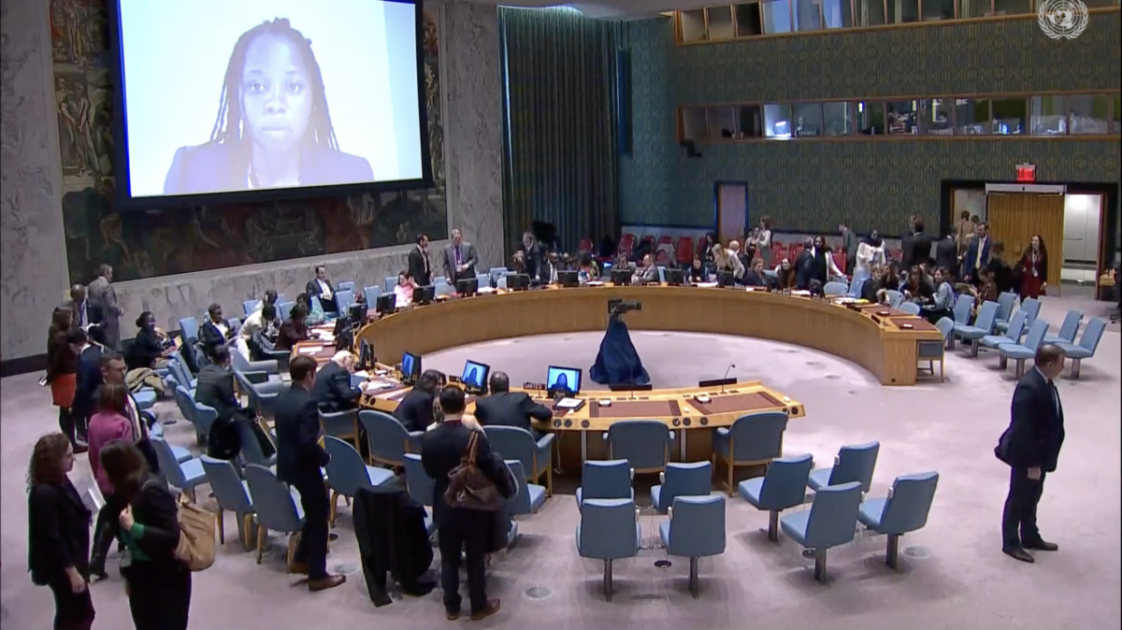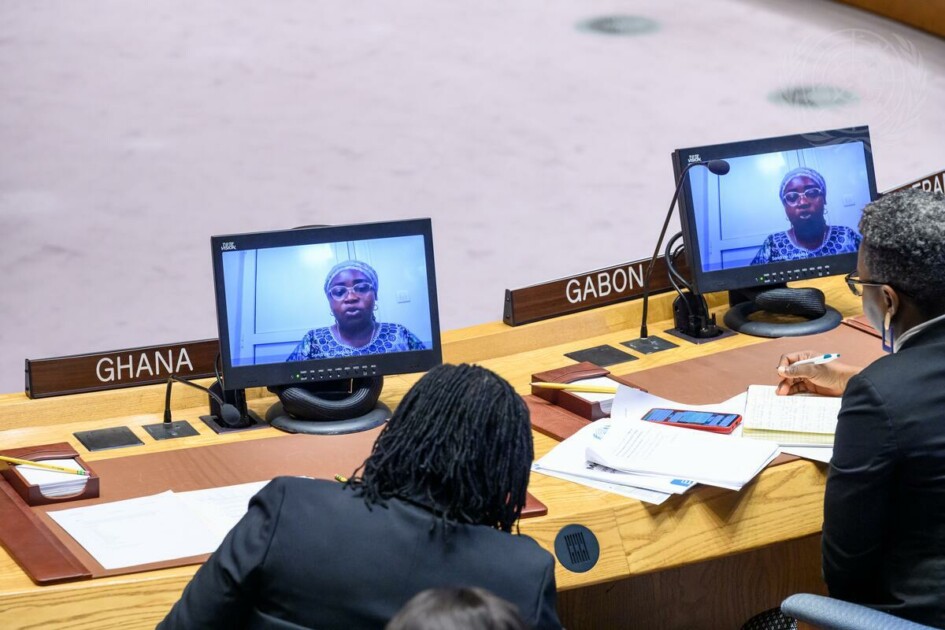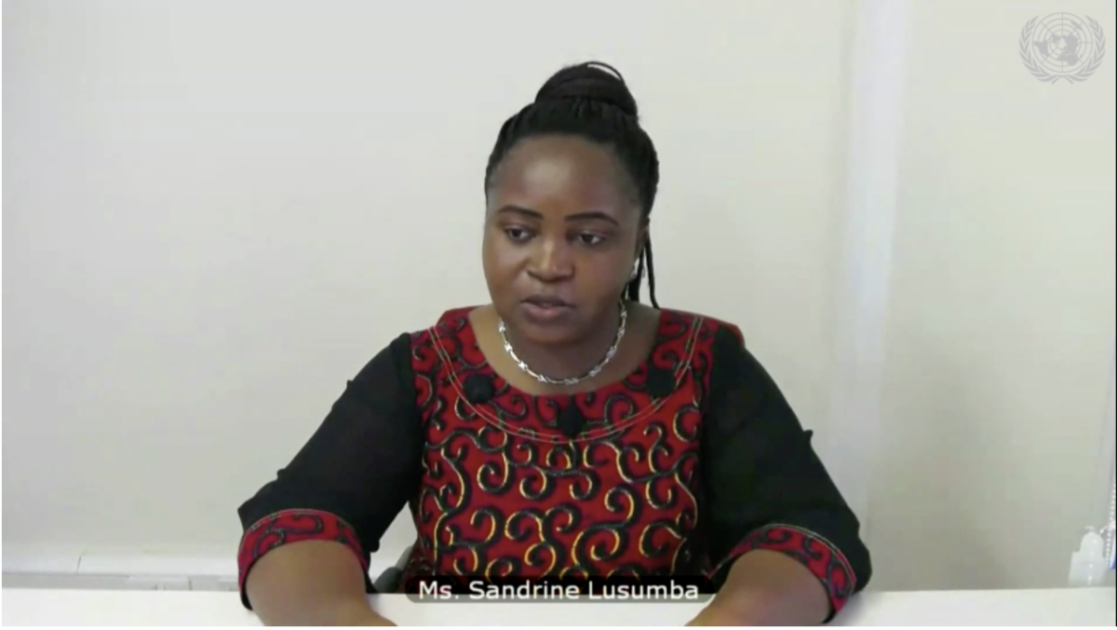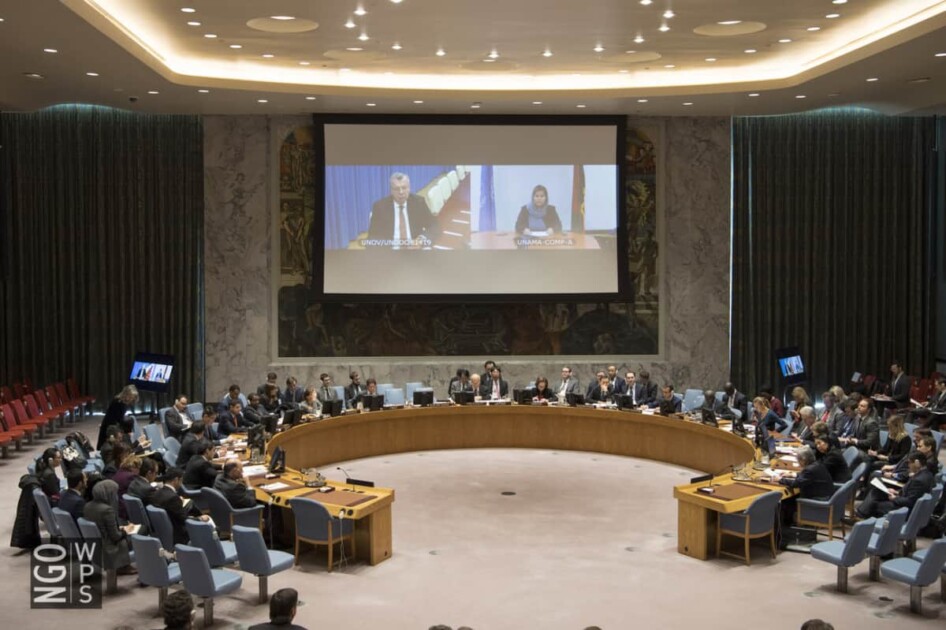Democratic Republic of the Congo
Women in the Democratic Republic of Congo continue to face widespread sexual violence, disease, and displacement in conflict situations arising from clashes between dozens of armed groups. Often, sexual violence and rape are used as terror tactics and weapons of war, and despite the ratification of the Convention on the Elimination of All Forms of Discrimination against Women (CEDAW) and the Women’s Platform for the Peace, Security and Cooperation Framework, women are still largely underrepresented in peacebuilding efforts. Additionally, women activists face rape as a form of torture by government actors who disagree with their political activity. The United Nations Organization Stabilization Mission in the DRC (MONUSCO) aims to provide protection for civilians, including reducing the threat of armed groups perpetrating sexual and gender-based violence, monitoring and reporting on sexual violence and ensuring women’s participation in stabilization and national political dialogue.
Democratic Republic of the Congo
Women in the Democratic Republic of the Congo continue to face widespread sexual violence, disease, and displacement in conflict situations arising from clashes between dozens of armed groups. Often, sexual violence and rape are used as terror tactics and weapons of war, and despite the ratification of the Convention on the Elimination of All Forms of Discrimination against Women (CEDAW), and the Women’s Platform for the Peace, Security and Cooperation Framework, women are still largely underrepresented in peacebuilding efforts.
Additionally, women activists face rape as a form of torture by government actors who disagree with their political activity. The United Nations Organization Stabilization Mission in the DRC (MONUSCO) aims to provide protection for civilians, including reducing the threat of armed groups perpetrating sexual and gender-based violence, monitoring and reporting on sexual violence and ensuring women’s participation in stabilization and national political dialogue.
Current and Past Recommendations to the UN Security Council (Monthly Action Points)
The Security Council will review the mandate of the Group of Experts (GoE) on the Democratic Republic of the Congo. It is imperative that human rights violations, including sexual and gender-based violence (SGBV), continue to be monitored and perpetrators are identified and listed in sanctions regime, as well as arrested and prosecuted at the local level. In the mandate of the GoE, the Security Council should:
- Call for the collection and analysis of information on violations of human rights, including SGBV by FARDC soldiers, Congolese National Police (PNC) and other armed groups, through consultation with civil society, including women leaders, human rights defenders and women’s rights organizations, during field visits (SCR 2122 (2013), OP 6).
- Call for briefings by the Special Representative of the Secretary-General on Sexual Violence in Conflict & UN-Women (SCR 1960 (2010), OP 7), and include gender expertise in the GoE (SCR 2242 (2015), OP 6).
- Incorporate gender considerations as a cross-cutting issue in the mandate of the GoE, including by recognizing and calling for analysis on the link between SGBV and the proliferation of small arms and light weapons and mineral extraction (SCR 2117 (2013)).
- Call for the inclusion of information on the situation for women, targeted attacks on women, sex and age disaggregated analysis of data collection, and gender analysis throughout all interim and annual reports.
The Security Council will review the mandate of the Group of Experts (GoE) on the Democratic Republic of the Congo. It is imperative that human rights violations, including sexual and gender-based violence (SGBV), continue to be monitored and perpetrators are identified and listed in sanctions regime, as well as arrested and prosecuted at the local level. In the mandate of the GoE, the Security Council should:
- Call for the collection and analysis of information on violations of human rights, including SGBV by FARDC soldiers, Congolese National Police (PNC) and other armed groups, through consultation with civil society, including women leaders, human rights defenders and women’s rights organizations, during field visits (SCR 2122 (2013), OP 6).
- Call for briefings by the Special Representative of the Secretary-General on Sexual Violence in Conflict & UN-Women (SCR 1960 (2010), OP 7), and include gender expertise in the GoE (SCR 2242 (2015), OP 6).
- Incorporate gender considerations as a cross-cutting issue in the mandate of the GoE, including by recognizing and calling for analysis on the link between SGBV and the proliferation of small arms and light weapons and mineral extraction (SCR 2117 (2013)).
- Call for the inclusion of information on the situation for women, targeted attacks on women, sex and age disaggregated analysis of data collection, and gender analysis throughout all interim and annual reports.
Relevant Resources









